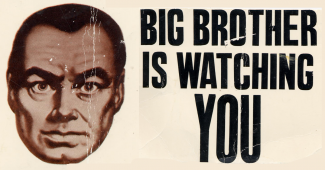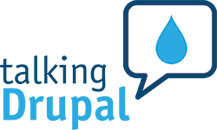
Our relationship with technology is largely toxic- think Volkswagen cheating, Facebook spying, Uber being Uber. Tech is ruled by the elite and we are mostly at its mercy. As powerful movements have emerged challenging predatory power structures, let us do the same with technology.
Free/Open Source Software movements offer an alternative to corporate, predatory, proprietary technology. And yet Free Software still reflects many of these same oppressive relationships. One way to change that is with accountability.
Free Software means that anyone is free to read, use and remix the code that the software was written in. This helps with accountability because, unlike proprietary software, experts and community members can audit the code for security flaws and disingenuous functionality. However, there are several limitations with free software-
- Reviewing the code is only meaningful to coders.
- Changing the code or design can only be done by coders.
Only a small percentage of the world can code. An even smaller percentage have the time to write code for Free Software and an even smaller number have the time and expertise in any given project. This coder-centric framework also diminishes the many other skills essential to software: design, user research, project management, documentation, training, outreach to name a few.
As a major survey lead by GitHub supports (and comes as little surprise), the Free Software community is mostly white, male, cisgendered, financially well off, formally educated, able-bodied, straight, English speakers and citizens of Global North countries.
This means that the same groups of people designing and building proprietary software are also building Free Software. It means that despite its open licensing, the Free Software movement maintains the status quo of white supremacy, patriarchy and capitalism.
For Free Software to truly be free - to be free for anyone to build and use, we need to radically restructure our projects. It means building diverse communities where we are accountable to one another.
Many free software projects have already begun this work. Just a few examples-- Rust crafting and enforcing a thoughtful code of conduct, Ghost valuing design and user research throughout their work, Backdrop governing projects democratically and mentoring new contributors.
When we embody inclusion and accountability we grow vibrant communities building and using software that offers a clear alternative to the corporate, proprietary software; a software we can truly call free.





Comments
Add new comment